Tapbots, the developers behind the popular Twitter client Tweetbot, today launched Pastebot 2.0 for Mac, which is designed to make copy and paste better.
Pastebot is a clipboard manager that saves everything you copy so you can access it later. Pasteboards, which are built into Pastebot, let you store links and snippets of text that you frequently copy and paste so you can access the info in just a few seconds.

Multiple Pasteboards can be used to keep your text clippings organized, and the clipboard itself can be opened up with a Command + Shift + V keyboard shortcut or through a Menu bar app. Filters can be applied to copied text snippets for formatting purposes to save even more time. Options include Create List, Wrap in Paragraph Tags, Convert to Plain Text, Change Case, Emoji Remover, and more.
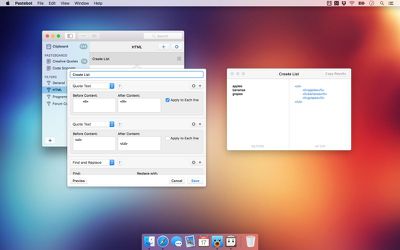
Pastebot has been in beta testing since August, but is now available for download from the Mac App Store starting today. It's priced at $19.99. [Direct Link]
During beta testing, Pastebot content was not able to sync between Macs because CloudKit is required, and CloudKit was not available to apps outside of the Mac App Store prior to the release of Xcode 8. With the version that's launching today, syncing is available so Pastebot can be used across multiple Macs.







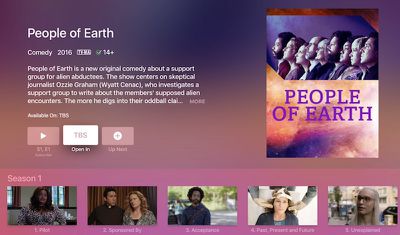



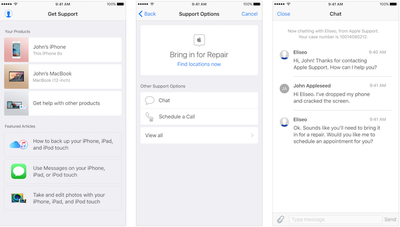

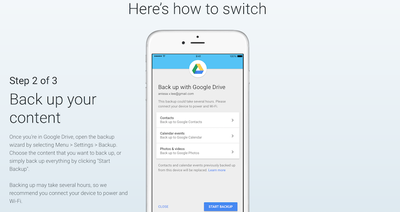
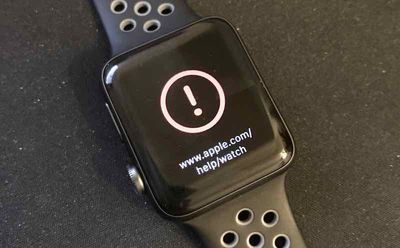


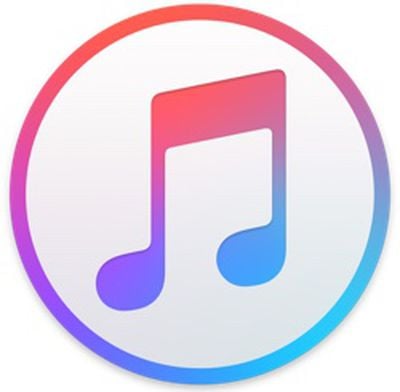 Apple today released a new iTunes 12.5.4 update, introducing support for the new TV app that was introduced in iOS 10.2 and tvOS 10.1 earlier this week.
Apple today released a new iTunes 12.5.4 update, introducing support for the new TV app that was introduced in iOS 10.2 and tvOS 10.1 earlier this week.















